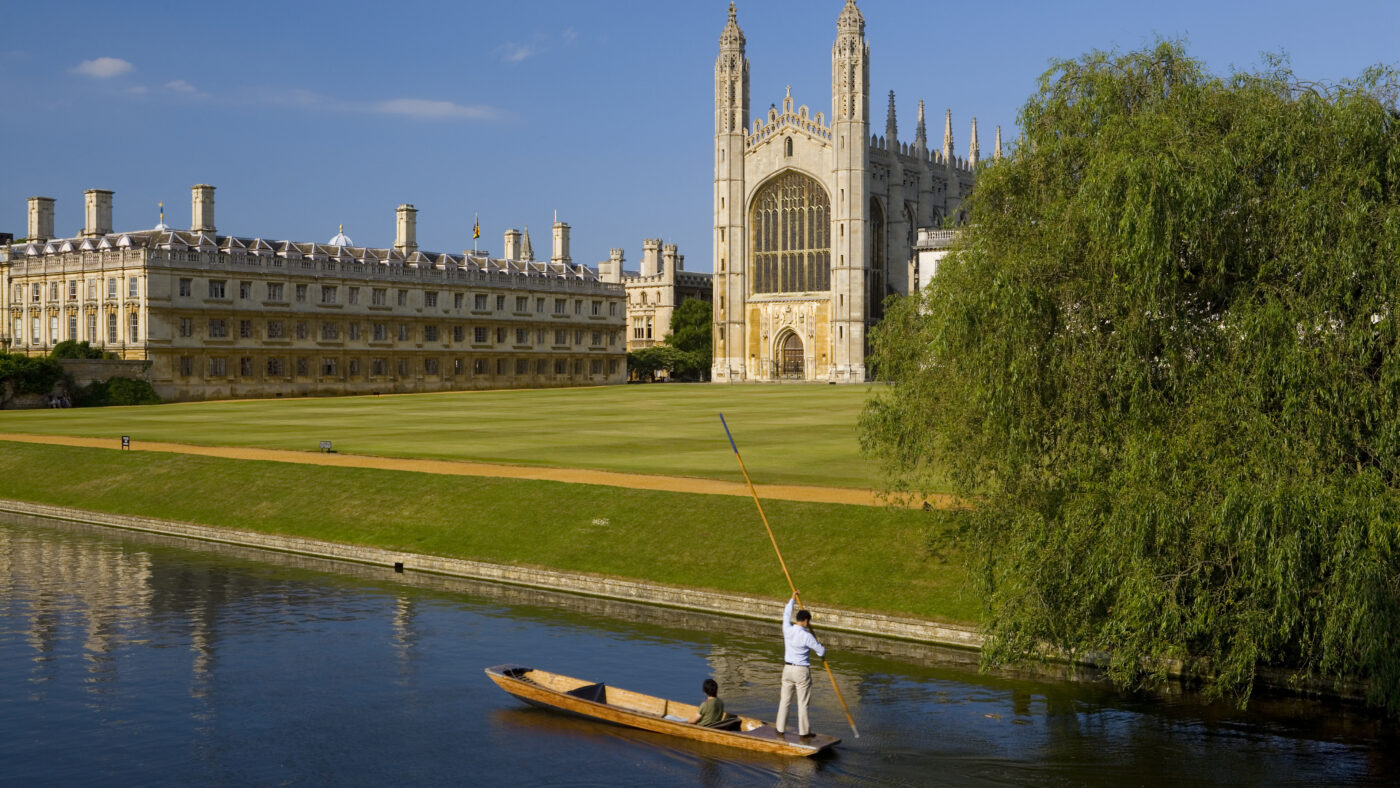When I was a young university lecturer, I would periodically receive letters from people with axes to grind, asking me to write a scholarly article in an academic journal supporting their position. I got quite good at drafting replies gently explaining why I could not help them. Academics and the universities they served, I pointed out, meticulously differentiated the advancement of scholarship from the furthering of an agenda.
Unfortunately there are now ominous signs that, at least in some institutions, this distinction is getting blurred. On Good Friday, Cambridge advertised a funded PhD studentship. Its object? To demonstrate that Cambridge’s specimens in its Museum of Zoology, from tigers to dodos, had probable connections to imperial history, racial ideas, ‘violent’ colonial activity, and ‘resource exploitation’ by colonial powers. Whoever gets the place will, it seems, be expected to help the University in its understanding of its ‘colonial legacy’, and to stress the ‘entwined human and environmental costs of the colonial project’.
The obvious reaction is that Cambridge has gone ridiculously woke. This may well be right: Lee Anderson’s sharp quip about ‘decolonising the dodo’ when he was told about the project rings depressingly true. But whether or not you accept this criticism, there are much more serious issues at stake. This episode leaves room for some very awkward questions both to the University about how it sees its function of promoting learning, and also to the Arts and Humanities Research Council (AHRC), the taxpayer-funded body bankrolling the project to the tune of something approaching £100,000 over four years, about what it should be supporting.
Here’s the first awkward issue. One thing ought immediately to strike any aspiring scholar thinking of applying for this project: it seems pretty far removed from what most would see as traditional university scholarship, in the sense of approaching a problem with an open mind and following it through wherever the evidence and intellectual curiosity lead one.
Start with an open mind? When you read the advertisement and the further details, they seemingly expect the study to start from the idea that that natural history English-style reinforced the workings of empire, that there are clear links between its practices of natural history and troubling or violent colonial history, and that ‘the definition of species, animals and kinds relate to ideas of race, gender and other variables of identity, which were projected across the human/animal divide’. These ideas may be true: but they are not self-evidently so. What is clear is that they are highly controversial and politically charged. What if an applicant were to say, entirely legitimately in terms of intellectual reasoning, that they were not sure about the connection, if any, between natural history and colonial violence and racism and that this needed to be carefully investigated as a logical preliminary? There might well be an embarrassing silence and discreet black marks from the selection panel.
What of the conclusion? Even before the research has begun, the University makes no bones about what it wants from the thesis that is to come out of it. It is to help the natural history museum sector as it ‘grapples with understanding its colonial legacy’, to tell the University about, and presumably help it shake off, its ‘legacies of enslavement and empire’, and to play up the diversity of those who helped assemble collections so that ‘more people will feel represented by museums’.
Essentially, Cambridge University and its Zoology Department are coming very close to saying that they wish to pay someone to write 80,000 words to support a conclusion which those in charge have already sketched out. Ideally, they will get a formal statement that nineteenth-century natural history collectors were bound up in a baneful history of colonialism, empire, slavery, racism and sexism; that the University through its possession of what they collected is equally bound up; and that its collections must be re-presented to assuage the effects of its guilt, and to please as many interest groups and pressure groups as possible. Why a PhD studentship rather than a contract with a hired writer? That’s a hard one: but there must be a suspicion that the University wants a means of dressing up a political decision it has already taken in a cloak of academic respectability and the words ‘our research has revealed …’.
That leads to the second difficult question. What is the AHRC doing backing this scheme? Just as we have every reason to expect universities to apply scholarly standards in awarding studentships, so also we as taxpayers have a right to ask the AHRC, an arms-length organisation administered by senior academics and set up to avoid the handing out of research funds coming under direct political control, to be careful to limit its support to projects involving genuine open-minded scholarship. A grant of this sort, aimed it would seem rather more at making a public relations point for the University of Cambridge and at salving a few middle-class consciences than at advancing scholarship for its own sake, seems remarkably doubtful.
This matters. Universities are under-funded as it is; they need all the external research funds they can get, including from government. But in a democracy, the latter ultimately depends on an element of trust by taxpayers and electors that bodies like the AHRC will spend their money well and wisely. The more they get the impression that the great and the good who run the research councils are open to capture in favour of progressive political projects, the less happy they will be and the more they will press for either political control of research monies, or a simple cut in funding. Either of these eventualities would be very bad for academics, for higher education, and for the country as a whole.
Click here to subscribe to our daily briefing – the best pieces from CapX and across the web.
CapX depends on the generosity of its readers. If you value what we do, please consider making a donation.


